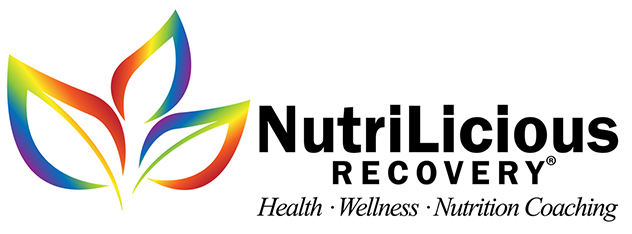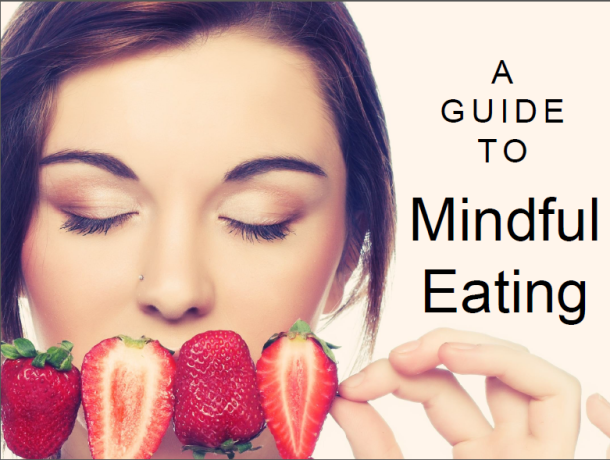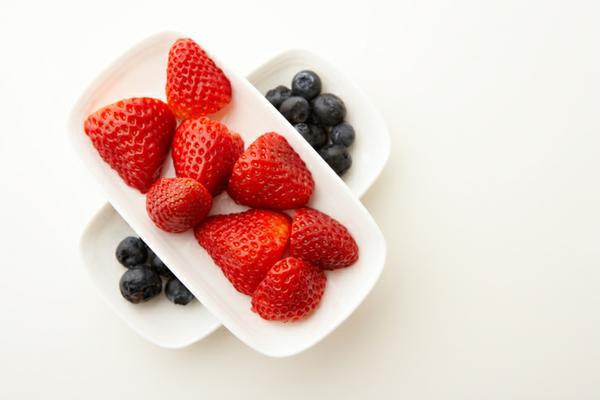
by dnshah | Jan 12, 2021 | Age Defying, Diet and Weight Loss, Health and Wellness Tips, Stress Management, Virus
Our daily recommended servings for fruit is between 1 – 2 cups depending upon age and gender. But the definition of “1 cup serving” is not necessarily 1 true cup. So it’s good to understand what a piece of fruit literally translates into in terms of serving size from the hyperlink above – for example 1 small apple = 1 cup serving or 16 grapes = ½ cup serving or ¼ cup of dried fruit = ½ cup serving.
Knowing where to find this information can be empowering when creating your own meal plan for the week to ensure you get your recommended fruit intake.
When I reach out for a type of fruit, I consider the nutrilicious value (nutrient value & the taste together). I lean more toward stone fruits and berries. Stone fruits provide great nutrient value, taste, and more volume for equivalent calories when satiating hunger. And berries provide ample antioxidants. An antioxidant rich diet seems to protect against stroke, artery stiffness, blood clots, high blood pressure, and chronic inflammation. Berries are an excellent choice for fruit consumption because they provide 10 times more antioxidants than other fruits or vegetables, are immune-boosting, memory improving (blueberries), cardiac-protecting, have anti-cancer properties, AND boost our natural killer cells. Our natural killer cells are part of our immune process to fight against virus (think COVID19 protection here among others)
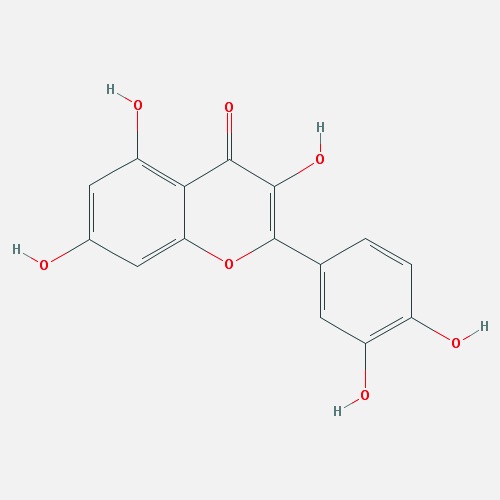
by dnshah | Oct 2, 2020 | Age Defying, Diet and Weight Loss, Health and Wellness Tips, Stress Management, Virus
These days health professionals are exploring what supplements and foods can help specifically with COVID19 illness. While we all explore ways to get GBOMBS into our daily routine, what does one do if they feel especially concerned about lung function? The answer could lie in quercetin.
Quercetin is a natural pigment in many fruits, vegetables, and grains. (plant-based not animal). It’s an antioxidant which also boosts immunity, is anti-inflammatory, and reduces blood pressure and allergy symptoms.
Antioxidants are compounds that bind to free radicals. Looking back at chemistry, free radicals are end products of reactions where there are free floating electrons – remember them? I recall my Chemistry teacher telling me he thought that was a carcinogenic thing. Fast forward almost 40 years and now I can say, he was right. Free radicals are damaging to the body, and are linked to numerous chronic illnesses, including cancers, heart disease, and diabetes.
Antioxidants neutralize the free radicals by binding to them and this helps minimize the destruction that could occur. A recent study I looked at (May, 2020) shows that quercetin has benefits specifically with lung cancer cells. Some people take quercetin supplements, but I always prefer real God-made foods. Common quercetin food sources include:
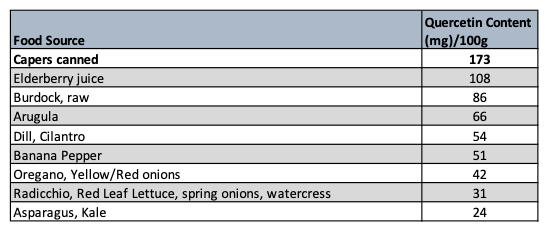

by dnshah | Oct 2, 2020 | Health and Wellness Tips, Stress Management, Virus
Maybe one of the best gifts that 2020 brings is the chance to slow down and reconnect with yourself to feel more in control of your life choices. Suddenly we are not in automatic drive mode, but in mindful acknowledgement that things are different… perhaps forever-more.
How do we navigate changes that COVID19 has effected around the country/world? There is no better time than now to ask the introspective questions of life and your value system.
- What’s really important to you – the long-haul perspective? We all are bio-individual in terms of our DNA and how it responds to individual conditions. It’s no surprise then that we all may have different values and different priorities placed on them. Reflecting on our values can mitigate some stress effects as we finalize on what means most to us at this time in our lives. If you want to better understand your values, you can look at these VALUES flashcards, and select the five that are most important to you. These are your core values.
- What’s worked well for you in the past in dealing with stress? We all have different histories, and avenues we’ve already explored with stress busters. Maybe you already have ideas on how to calm the inner fires that create anxiety within. The successful approaches of yesterday may have some positive effects as anti-stress agents, and you won’t know until you try. Self-reflect a bit on any strategy that didn’t work well, and pass it so you can focus on what does work well. A number of ideas come to mind for calming that inner spirit within. These include breathwork, meditation, a fun activity, a brisk walk, a hot tub-soak with fragrant candles around, or indulging in my favorite cup of tea.
- Where are your resources? Spend a minute understanding your resources today – Where you can lean on to get compassion and empathy. Brainstorm on the full gamut of resources at your disposal. Have you socially closed yourself off because of COVID19? Perhaps its time to open those channels in a safe responsible way. We know more about COVID19 today than we did in March; so heed the science, and take some steps to live life socially again, with caution. Don’t sit in the sidelines, afraid and stressed; that can do more harm than good mentally.
- What are your strengths? If you aren’t sure, take a free strengths assessment here, and then dedicate a notebook to journal your thoughts, wisdom, and strategies to alter your future with a mindset that is open to creativity and not encumbered with stress. Knowing you have strengths, resources, and past successes can guide you to tomorrow’s success with stress management.

by dnshah | Jul 28, 2020 | Age Defying, Diet and Weight Loss, Health and Wellness Tips, Stress Management, Virus
Vitamin D is a fat-soluble vitamin that isn’t present in many foods. One of the ways we synthesize vitamin D is through sunlight on our skin. Many factors will control how much vitaminD our bodies can make (think location, altitude, season, skin darkness), so it is important to have a backup vitamin D strategy, especially in winters when we don’t have as much opportunity to be in the sun outdoors. Darker skin reduces the absorption of vitamin D.
Vitamin D is very important for our immune system to run optimally. Some of its functions include:
- Stimulate lung protection from infection; reduces risk of acute respiratory infection
- Inflammation reduction
- Helps with calcium absorption (promotes healthy bones)
- Modulation of cell growth (including apoptosis)
- Neuromuscular functions
- Helps to prevent colon, prostate, and breast cancers
There are no known studies proving prevention, reduction, treatment, or a cure against COVID19. That said, many scientists are talking about ensuring adequate vitamin D especially now in light of pandemic conditions.
According to the USDA, adults and children (1-70 years) need 600 IU of vitamin D daily, with older adults needing 800 IU daily. This vitamin is not easily found in foods, but below are some food sources. Non-food sources include sunlight and supplements.
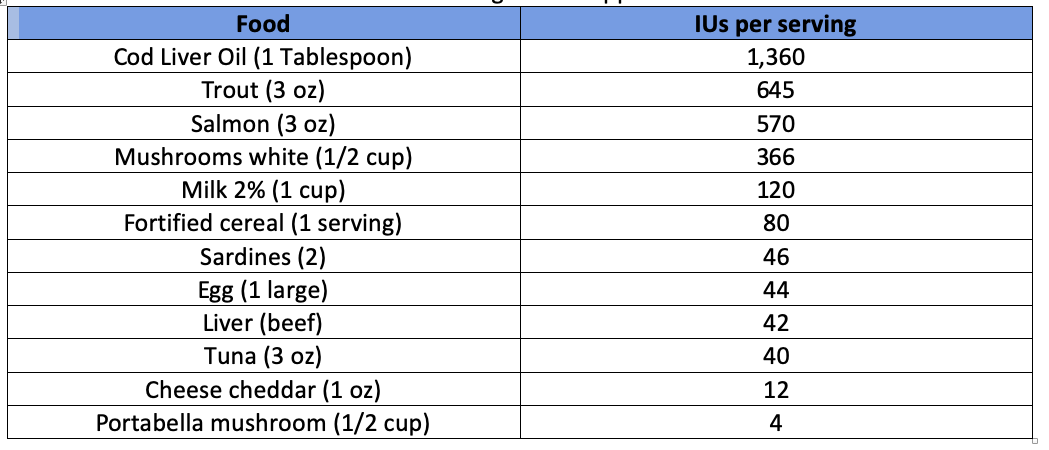
Obtaining sufficient vitamin D from food alone is difficult, hence the need to fortify staple foods with vitamin D (milk, cereals, orange juice, yogurts, margarines). If people have fat absorption issues, this can reduce the uptake of vitamin D also. Many people depend upon vitamin D supplementation to meet the recommended daily intakes.
With supplementation, there can be potential interactions with medications (steroids, weight loss medications) and risks that come with getting too much vitamin D. Excessive vitamin D can cause symptoms (anorexia, weight loss, heart arrhythmias, excessive calcium-blood levels). Excessive calcium-blood levels can lead to vascular and tissue calcification along with other damages.
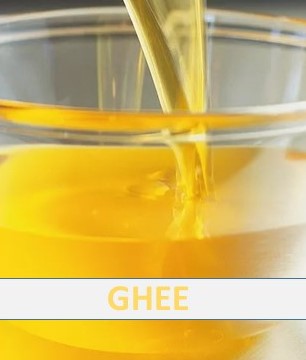
by dnshah | Jul 1, 2020 | Age Defying, Diet and Weight Loss, Health and Wellness Tips, Obesity, Stress Management
Ketogenic diets are the current trend, and people want to learn more about which fats are better for you compared to others. While I’m not a BIG believer of long-term ketogenesis, I have seen that the body performs well during ketogenesis; and I know that keto diets work for short-term weight-loss. And I love when bodies are in a fat-burning mode, because healthy fats are REALLY where it’s at for optimally fueling our brains.
Many decades ago I remember my teenage-self making a weight loss goal, and deciding I needed to cut down on fats. I declared to my family, “no more ghee!” Ghee is a clarified butter (healthy fat) made by heating butter and removing the milk solids. It’s better tolerated because it removes the lactose and casein. Its origin is India, so what I had just announced did not bode well for my Indian household. My grandmother looked up at me and promptly informed me that was a bad idea for my bones and brain. Not seeing any logic to how a little fat in a food was going to help my bones or my brain, I explained to her the western science of cutting down fat to lose weight. My grandmother laughed at me and explained the eastern science of ensuring adequate healthy fats in the body to “lubricate” the bones and brain. I didn’t understand nor believe her… after all I was the SCIENTIST! Fast forward decades, and it turns out… grandma was right! It’s really important to consume healthy fats like ghee for fueling our brains and bones, as well as our skin, hair, and digestion. Today Western science has trials underway to better understand the benefits of healthy fats (especially ghee vs. coconut oil). Ghee contains vitamin K2 which is important for calcium absorption and bone strengthening; and it’s also a great skin moisturizer.
Coconut oil has also been BIG since keto diets have trended and especially after Bulletproof Coffee hit mainframe America. People want their MCTs (medium chain triglycerides) and coconut oil has them! MCTs are the key to getting the body into ketosis, and known for improving brain health, decreasing insulin resistance, decreasing inflammation, and promoting weight loss. And it has unofficially been reported that coconut oil has some benefits regarding Alzheimer’s, Dementia, heart disease, diabetes, autoimmunity, and cancer.
The question that logically comes next is… which fat is better? As an adult woman I’m not going to disrespect ghee (like I did as a teenager). Both coconut oil and ghee have a lot going for them in terms of healthy fat advantages, but both have distinct nutrient profiles.
- One of the main fuels for building cells in the intestine is Butyric Acid. It’s also important for digestive health, decreasing inflammation, and improving IBS issues. Butyric acid is abundant in ghee, and not found in coconut oil.
- MCTs benefit our gut microbiome, so can improve overall digestion. Coconut oil contains 60% MCTs and ghee is 25% MCTs.
So coconut oil may be a better fat for brain health, but ghee seems to be a better fat for digestive health. So it depends upon which goal you desire more. Or… you could combine both the ghee and coconut oil and get BOTH benefits! Some health food stores have already mixed both and offer them together.
Current food specialists warn about the consumption of excessive saturated fats. Both ghee and coconut oil fall into this category. So before changing your diet and lifestyle, always talk to your health practitioner or integrative physician and ensure there are no issues or contraindications with the desired change.
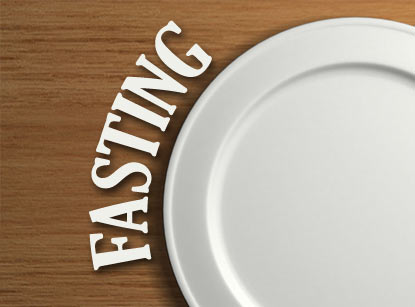
by dnshah | May 30, 2020 | Age Defying, Diet and Weight Loss, Health and Wellness Tips, Obesity, Stress Management, Virus
I’ve recently attended a fasting summit workshop (virtually), and learned quite a bit more about fasting that my Indian culture and background always hinted at.
Fasting has been happening since the beginning of man – the cavemen and women were cycling through periods of feasting and famine. All religions of the world have some time period where food is restricted or one is asked to limit it for a given time duration. This is not a new subject. What is new is that this act of food restriction seems to provide real benefits with autoimmune conditions provided that some conditions structure the practice:
Some of the other findings show that fasting:
So is fasting a go for everyone? No, there are some categories of folks that fasting a not an option for, including:
- People on certain medication (meds for diabetes, seizures, and steroids)
- People with diabetes type I
- Pregnant or nursing women
- Infants and young children
- People with eating disorders
- Anyone severely underweight
- Women who experience symptoms of hormonal imbalance after starting intermittent fasting: irregular periods, moodiness, irritability; lower calorie consumption can disrupt hormones, which are required for ovulation and a healthy pregnancy
- Extreme athletes
- Women on their menstrual cycle
If your doctor thinks it could be a good options for you to try intermittent fasting, seek out a health coach to help you on this journey, because there are some tweaks to enhance the benefits from fasting!

